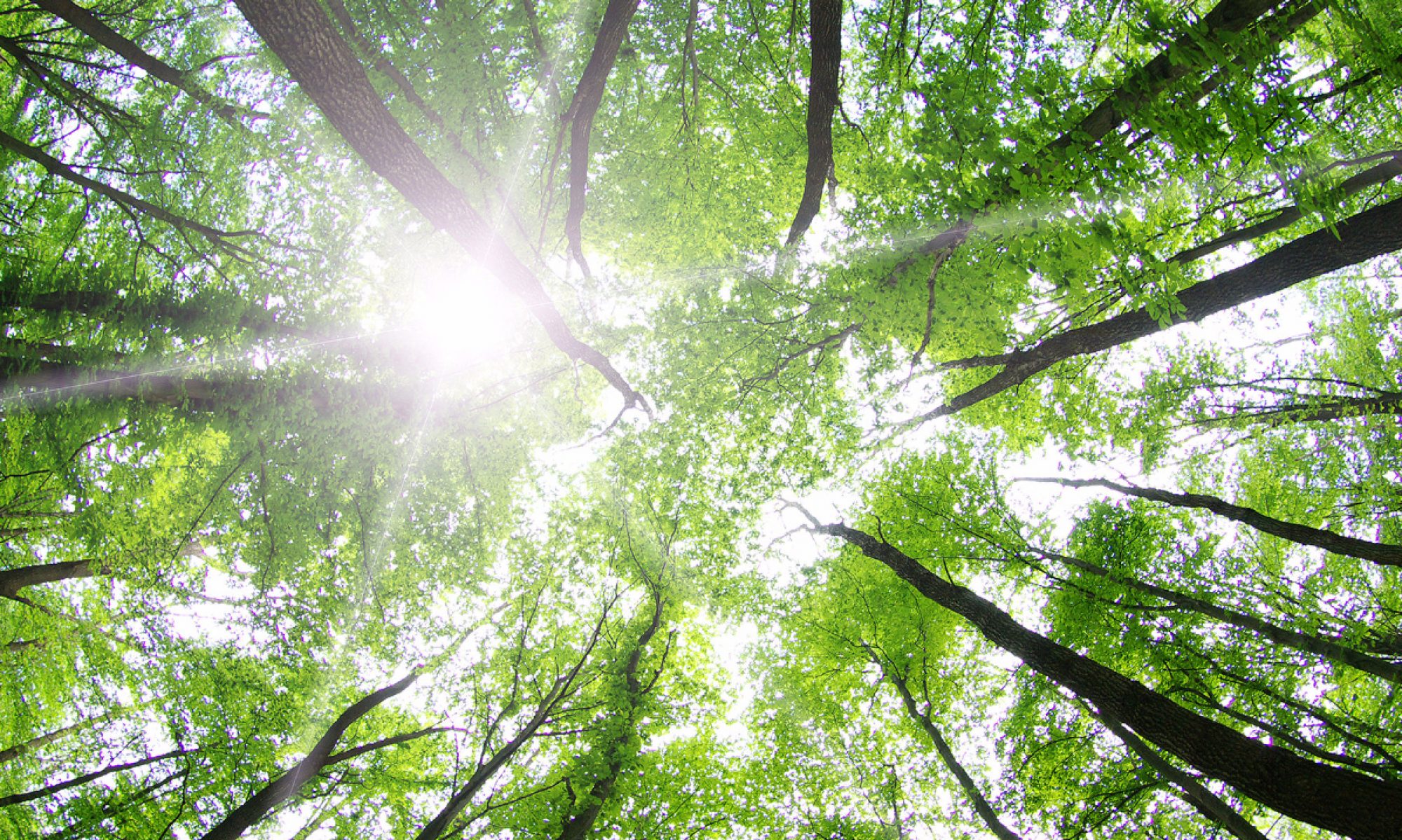Nature has long been recognized as a source of solace and healing for the human spirit. From ancient times to modern-day therapeutic practices, natural environments have played a crucial role in promoting mental and emotional well-being. In recent years, the therapeutic benefits of nature have been increasingly acknowledged in addiction recovery efforts. Here, we explore the role of natural environments in supporting addiction recovery.

- Stress Reduction: Natural environments offer a respite from the stressors of daily life. The tranquility of forests, the soothing sound of flowing water, and the vastness of open landscapes can help individuals in recovery to unwind and relax. This reduction in stress can alleviate anxiety and depression, common triggers for substance abuse.
- Physical Activity: Engaging in outdoor activities such as hiking, biking, or gardening promotes physical health and fitness, essential components of a holistic recovery plan. Regular exercise releases endorphins, the body’s natural mood elevators, which can improve mood and reduce cravings for addictive substances.
- Mindfulness and Meditation: Natural environments provide an ideal setting for practicing mindfulness and meditation, techniques that have been shown to enhance self-awareness and emotional regulation. Mindful walking, for example, involves focusing on the sensations of walking while observing one’s surroundings, promoting a sense of presence and calm.
- Connection with Others: Nature-based activities often foster a sense of camaraderie and connection among individuals in recovery. Group hikes, camping trips, or outdoor yoga sessions create opportunities for bonding and mutual support. These connections can enhance social networks and provide a sense of belonging, reducing feelings of isolation and loneliness.
- Symbolism and Metaphor: Nature’s cycles of growth, change, and renewal can serve as powerful symbols of the recovery journey. Just as trees shed their leaves in the fall and blossom anew in the spring, individuals in recovery can find hope in the possibility of transformation and renewal. Nature’s resilience in the face of adversity can inspire individuals to persevere through their own challenges.
- Coping Skills Development: Spending time in nature encourages the development of healthy coping skills. Rather than turning to substances in times of stress or discomfort, individuals in recovery learn to seek solace in nature’s beauty and serenity. This shift in coping mechanisms promotes long-term resilience and relapse prevention.
- Environmental Awareness: Engaging with nature fosters a deeper appreciation for the environment and encourages sustainable behaviors. Activities such as conservation projects or nature-based education programs promote environmental stewardship while providing meaningful opportunities for personal growth and fulfillment.
In conclusion, natural environments offer a wealth of benefits for individuals in addiction recovery. By incorporating nature-based activities into treatment plans, practitioners can support holistic healing and enhance the overall well-being of those in recovery. From stress reduction to fostering connections and promoting personal growth, nature plays a vital role in the journey toward lasting sobriety.






